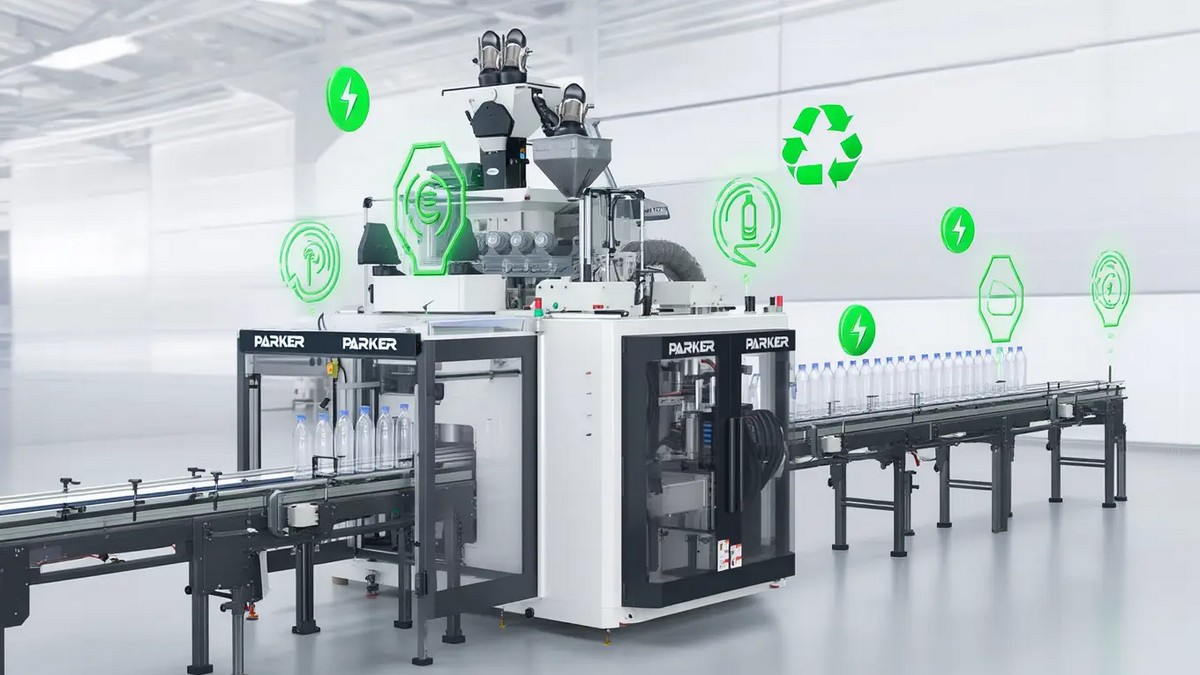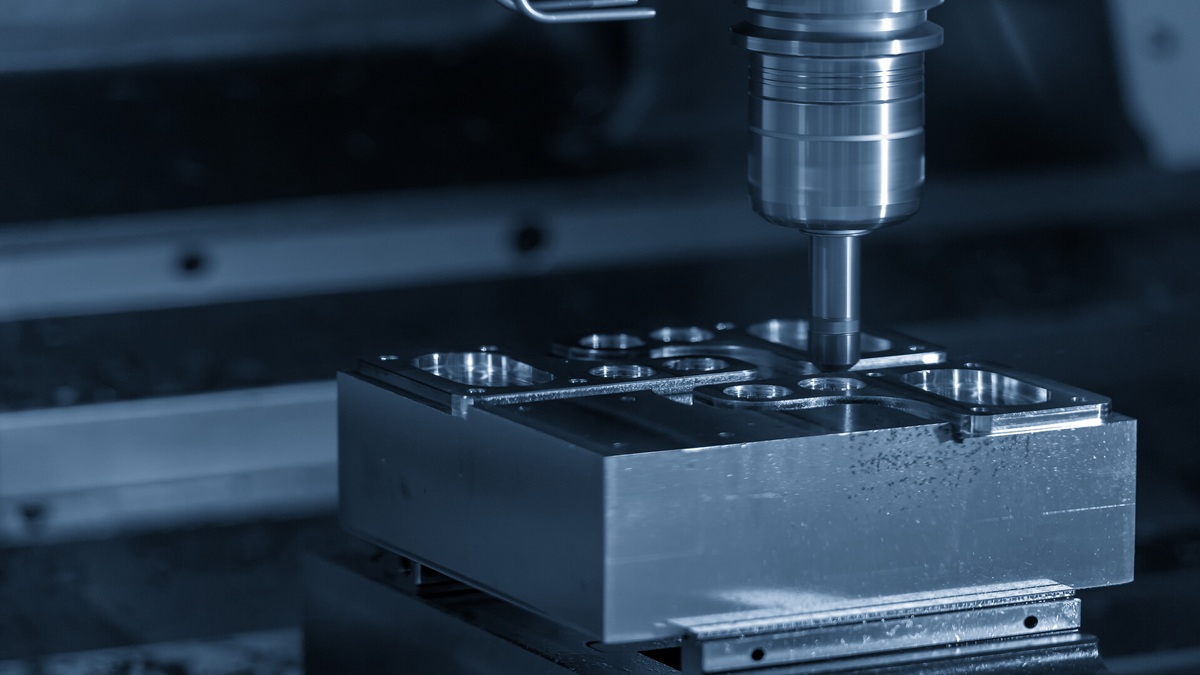Taiwan is rapidly emerging as a global leader in smart manufacturing, with digital twin technology at the forefront of this transformation. By creating virtual replicas of physical systems, digital twins enable manufacturers to simulate, monitor, and optimize operations in real time. This innovation is not only revolutionizing factory design, enhancing efficiency, and reducing downtime, but also fostering innovation across various sectors—opening new avenues for investment and business development in Taiwan’s industrial landscape.
Understanding Digital Twins in Smart Manufacturing
Digital twins are dynamic virtual models that mirror physical assets, processes, or systems. They integrate data from sensors, IoT devices, and other sources to provide real-time insights, allowing for predictive maintenance, process optimization, and informed decision-making. In the context of smart manufacturing, digital twins facilitate the design and operation of intelligent factories, leading to improved productivity and reduced operational costs.
An excellent example of a digital twin in operation is the one Tata Steel Nederland (TSN) created for its steel ladle process as part of a broader effort to decarbonize. Steel production generates intense heat and consumes vast amounts of energy. Transporting hot metal from the blast furnace to the torpedo car and then to the steel plant requires industrial ladles capable of handling large volumes of metal at temperatures up to 2,700°F. The process involves numerous variables—such as equipment, lining materials, and steel recipes—making it ideal for thermal process optimization.
A TSN researcher described the system during a webcast as a “complex system of different demands and choices to make.” For instance, operating at slightly lower temperatures reduces wear on the ladle’s components—potentially minimizing production losses—but it actually increases CO₂ emissions.
“You can’t make the right decision with only one model of one installation,” says Paul Van Beurden, principal researcher. TSN now runs dozens, if not hundreds, of what-if scenarios using its digital twin, generating answers in seconds on how to reduce emissions while maintaining efficiency. The thermal management system also employs AI to predict equipment failures and other performance issues.
But this is just one example of the rapidly growing adoption of digital twins. Major players like Siemens, GE, and Tesla are using them to optimize performance, reduce maintenance costs, and enable real-time monitoring—from simulating wind turbines and tracking aircraft engines to creating cloud-based replicas of every Tesla vehicle.
Taiwan's Strategic Embrace of Digital Twin Technology
The global digital twin market is experiencing exponential growth, projected to expand at a compound annual growth rate (CAGR) of 64.9% between 2024 and 2029, reaching a market size of USD 163.42 billion. Taiwan’s robust manufacturing infrastructure and commitment to technological advancement position it well to capitalize on this trend. Taiwanese manufacturers are integrating digital twins in sectors such as semiconductors, electronics, and industrial machinery—where precision and efficiency are paramount.
Leading Taiwanese Innovators in Digital Twin Implementation
Several Taiwanese companies are at the forefront of adopting digital twin technology:
Delta Electronics
Delta Electronics, a global provider of power and thermal management solutions, showcased its next-generation digital twin and smart manufacturing technologies at Automation Taipei 2024. Delta’s offerings include wireless charging systems and robust industrial power supplies designed to support the future of logistics and manufacturing. Its DIATwin Virtual Machine Development Platform accelerates product development by up to 20%, while its digital twin platform—built on the NVIDIA Omniverse™—virtually links production lines and aggregates data to train computer models with 90% accuracy.
MetAI
MetAI, a Taiwanese startup, specializes in creating AI-powered digital twins for various industries. Their technology converts CAD files into simulation-ready 3D environments within minutes. NVIDIA has invested $4 million in MetAI, marking its first investment in a Taiwanese startup, to accelerate AI-driven solutions for robotics and automation industries.
Wistron Corporation
Wistron, a global electronics manufacturer, has implemented digital twins to accelerate the production of NVIDIA DGX and HGX servers. By utilizing NVIDIA's Omniverse platform, Wistron reduced factory setup time by 50% and increased worker efficiency by over 50%. The company is also developing digital twins of data centers to optimize performance and energy consumption
Business Opportunities and Investment Trends
The integration of digital twins in manufacturing offers numerous business opportunities:
• Enhanced Operational Efficiency: Real-time monitoring and simulation enable proactive maintenance and process optimization.
• Accelerated Product Development: Virtual prototyping reduces time-to-market and development costs.
• Sustainability Goals: Digital twins facilitate energy efficiency and waste reduction, aligning with global ESG standards.
• Customized Solutions: Manufacturers can offer tailored products through flexible and responsive production systems.
Investors are increasingly recognizing the potential of digital twin technology to drive Taiwan’s next wave of industrial innovation. Taiwan's proactive approach and technological expertise make it an attractive destination for investment in this field. As Taiwanese manufacturers continue to adopt this technology, they are ushering in a new era of smart factories and innovative production methodologies—enhancing global competitiveness through more efficient manufacturing practices.









.jpg)
.jpg)
.jpg)


.jpg)